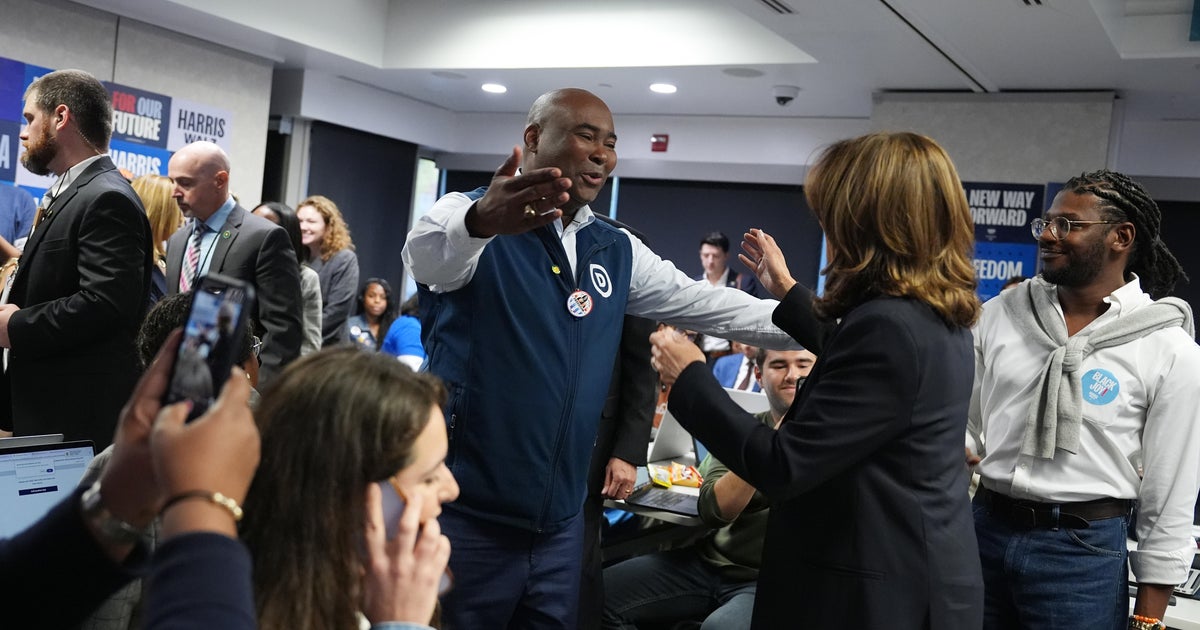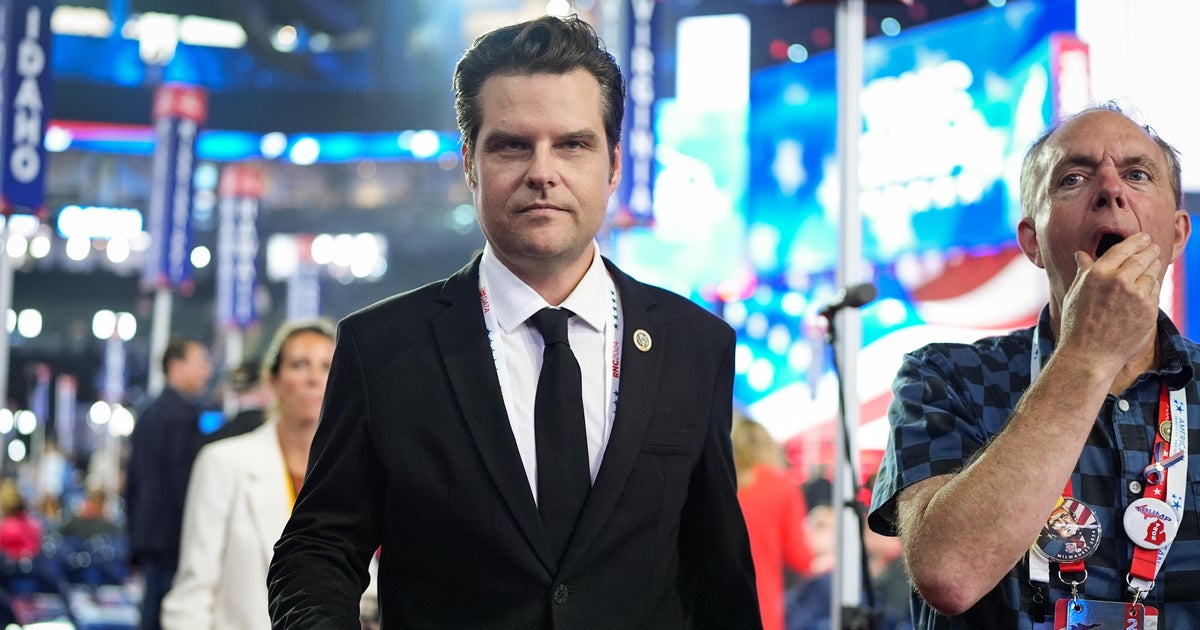Major health advocacy groups oppose GOP plan to replace Obamacare
Major health advocacy groups that played an influential role in the passage of Obamacare have come out against the legislation House Republicans rolled out Monday evening to repeal and replace the healthcare law.
The measure cleared its first hurdle early Thursday morning with the House Ways and Means Committee advancing it after a marathon mark-up that began Wednesday morning. Meanwhile, the House Energy and Commerce Committee continued to work through its own markup Thursday.
But even as the bill scored its first victory, it’s not just Democrats and conservatives opposing the bill. AARP Executive Vice President Nancy LeaMond announced that the group opposes the plan.
“AARP opposes this legislation as introduced that would weaken Medicare, leaving the door open to a voucher program that shifts costs and risks to seniors,” she said in a statement. “Before people even reach retirement age, big insurance companies would be allowed to charge them an age tax that adds up to thousands of dollars more per year. Older Americans need affordable health care services and prescriptions. This plan goes in the opposite direction, increasing insurance premiums for older Americans and not doing anything to lower drug costs.”
On Wednesday, the American Medical Association, the nation’s largest physician organization, sent a letter to congressional leaders, arguing that the plan would have “an adverse impact on patients and the health of the nation” and the organization cannot support the current measure.
“More than 20 million Americans currently have health care coverage due to the Affordable Care Act (ACA) and among the AMA’s highest priorities for on-going health system reform efforts is to ensure that these individuals maintain that coverage. While we agree that there are problems with the ACA that must be addressed, we cannot support the AHCA as drafted because of the expected decline in health insurance coverage and the potential harm it would cause to vulnerable patient populations,” wrote James Madara, the group’s CEO.
The American Nurses Association has also come out against the measure. Its president, Pamela Cipriano, also sent a letter to Congress to Wednesday, warning that the bill “threatens health care affordability, access and delivery for individuals across the nation.” She also said the group is “troubled” by the absence of testimony from nonpartisan experts including the Congressional Budget Office (CBO), which has not yet released its cost estimate.
“Any legislation that would fundamentally alter health-care delivery and deeply impact patients and providers deserves thoughtful, deliberate and transparent consideration. ANA strongly urges Congress to allow opportunity for considered public and stakeholder feedback in the face of reforms that would have a far-reaching and personal impact on the lives of millions of people,” she wrote.
The group representing the nation’s hospitals, the American Hospital Association, said it should press pause on the process until the CBO score is released and that it can’t support the measure in its current form.
“Lacking that level of analysis and needed transparency, we urge that Congress should. wait until an estimate is available before proceeding with formal consideration,” wrote the group’s president, Rick Pollack, in another letter.
“The legislation repeals much of the funding currently dedicated to provide coverage in the future,” he added. “Furthermore, we object to eliminating the funding from some sources, but leaving in reductions to payments for hospitals services. If coverage is not maintained at the current level, those resources need to be returned to hospitals and health systems in order to provide services to what will likely be an increased number of uninsured Americans.”




